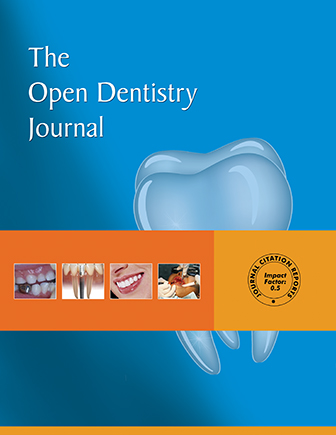All published articles of this journal are available on ScienceDirect.
Validation of the Indonesian Version of the Face, Legs, Activity, Cry, Consolability (FLACC) Scale in Postoperative Cleft Lip and/or Cleft Palate Patients
Abstract
Background:
The face, leg, activity, cry, and consolability (FLACC) scale is a validated pain measurement instrument that is used on postoperative patients with limited verbal ability, including postoperative cleft lip and/or cleft palate patients.
Objective:
This research aimed to test the validity and reliability of the Indonesian version of the FLACC scale as a measuring instrument for pain intensity experienced by postoperative cleft lip and/or cleft palate patients.
Methods:
The procedure was initiated by a back-translation process of the FLACC. Once the back-translation process is completed, a calibration process of the field researchers was conducted. Twenty-eight participants that went through a cleft lip and/or cleft palate surgery at the Unpad Dental Hospital were then enrolled. Two calibrated field researchers measured the postoperative pain intensity in three different time points, shortly after the patients regained full consciousness (T0), four hours (T1), and eight hours after the first measurement (T2). The collected data were analysed by SPSS version 23. The Spearman correlation analysis was performed to test the validity, while a Cronbach’s alpha value was calculated to test the reliability.
Results:
Based on the results of the Spearman correlation analysis, the Indonesian version of the FLACC scale was considered to be valid as the r values of each sub-scale were all higher than the r table value (r value > 0.317). Reliability was marked by the obtained Cronbach’s alpha value of 0,875.
Conclusion:
The Indonesian version of the FLACC scale was considered to be valid and reliable to be used as a pain measurement tool in postoperative cleft lip and/or cleft palate patients.


